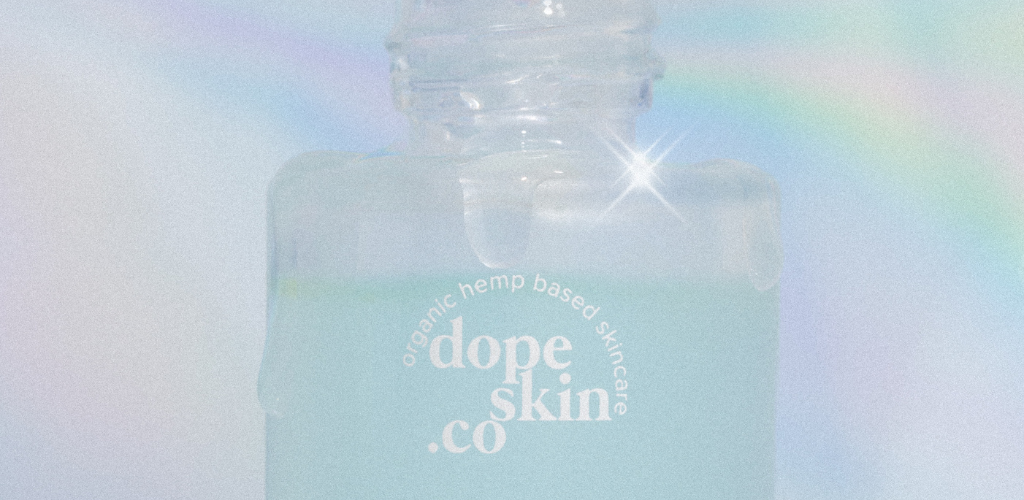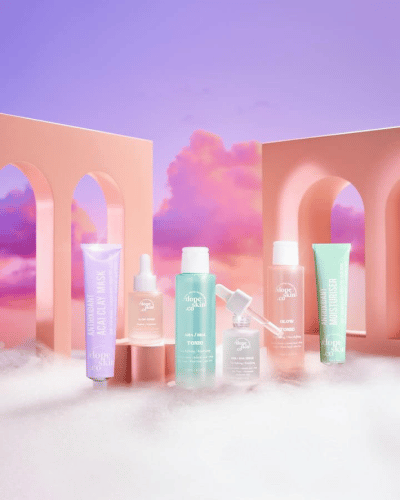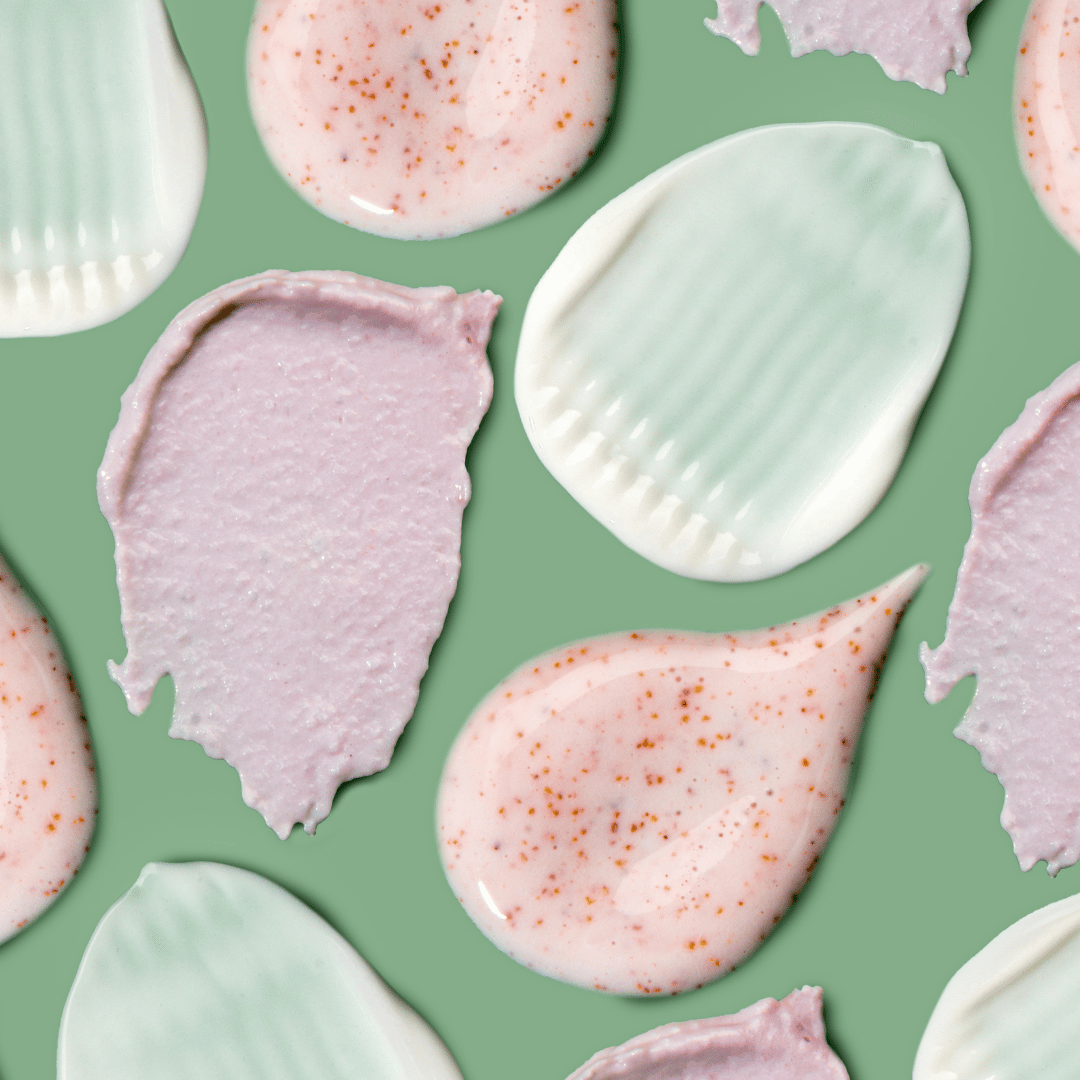
Your go-to guide for Oily Skin
What do you do when your skin is feeling dull, congested and oily?
You could try to use a scrub or exfoliate, but that can cause irritation and make blemishes worse. You could also try an acid-based product, but these can be harsh on sensitive skin types.
If you have oily skin then there are many gentle alternatives available that will help you to care for your skin without causing more problems than they solve.
Keep reading and find the answers to all the questions you have about oily skin.
What is oily skin?
Oily skin is the result of an overproduction of sebum.
Sebum is a natural oil produced by your skin to protect it, but if you have too much sebum, your pores can become clogged and irritated. This can lead to pimples and blackheads as well as a greater risk for acne scarring.
What causes oily skin?
Oily skin is caused by overactive sebaceous glands. These glands produce an oily substance called sebum, which acts as a protective barrier between your skin and the environment. When these glands are overactive, they release too much sebum onto the surface of your skin, resulting in an oily complexion.
How does oily skin relate to acne?
Oily skin is not the same as acne, but it can contribute to outbreaks.
If you have oily skin, your pores are more likely to become clogged with dead cells and bacteria that cause breakouts. As an additional complication, this buildup of oil can lead to blackheads and whiteheads—which can be difficult to get rid of!
Is it important to cleanse?
You should always cleanse your skin before applying any other products. This is because you will remove the dirt and excess oils from your face, which can clog pores and cause breakouts.
The best cleanser for oily skin is one that contains salicylic acid; it will help to gently exfoliate dead skin cells and unclog pores without drying out the surface of your face. You should also use a gentle cleanser that won't strip away all of the natural oils in your complexion, as this will only make matters worse!
Remember to cleanse twice a day!
In the morning when you wake up and at night before going to bed (ideally with warm water). And be sure to use a gentle cleanser after exercising or sweating heavily during any physical activity—sweat itself isn’t necessarily bad for oily skin (it’s actually good because it helps you get rid of toxins), but if left on too long, it can clog pores and lead to breakouts like acne or rashes on chest/back.
Should I consider using a toner?
If you have oily skin, consider using a toner as part of your skincare routine. Toners help remove excess dirt and oil from the face, helping to cleanse the skin even further after cleansing. They can also be used in place of cleansers for those who prefer a simpler routine.
Should I skip moisturising?
One of the biggest mistakes that people make when they have oily skin is skipping moisturising. While it's true that your skin needs to breathe in order to stay healthy, moisturising is important for all skin types, even oily ones.
Moisturising helps keep the skin hydrated which reduces the appearance of fine lines and wrinkles over time. It also helps reduce blemishes so if you struggle with acne or breakouts then adding a good moisturiser into your routine could help improve this issue too.
Should I use an acid exfoliant?
Acids are the best way to remove dead skin cells and help your skin renew itself, so they're a great addition to your skincare routine if you have oily skin.
There are two types of acids: alpha hydroxy acids (AHAs) and beta hydroxy acids (BHAs). AHAs work by gently dissolving bonds between dead cells, while BHAs dissolve oil that's clogging pores and preventing them from clearing out properly. Both can be used once or twice a week—but if you're new to using them on your face, start with once or twice per week until you see how they affect your skin; then increase frequency as needed depending on how well it responds.
If possible, try using an AHA-BHA product rather than an AHA-only product; this will allow for better penetration into the deeper layers of your pores where most blockages occur without irritating sensitive areas around them (which can lead to redness).

Are Clay masks ok for oily skin?
Clay Masks draw out impurities. Clay absorbs excess oils and toxins, which not only helps you get rid of acne but also gives your skin an instant glow.
Exfoliate. As well as drawing out impurities, clay also acts as a gentle exfoliant, sloughing off dead skin cells and helping you achieve that much-desired glow by revealing new layers of healthy skin beneath the surface.
Oily skin can be frustrating, especially when it comes to skincare. It’s likely that you have tried many different products in an attempt to get rid of the shine and reduce the amount of oil on your face.
While there are no miracle products that will instantly make your problem go away, there are some steps that you can take to help improve your skin while also maintaining a healthy lifestyle.





